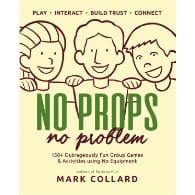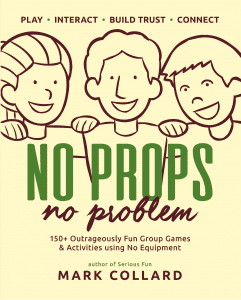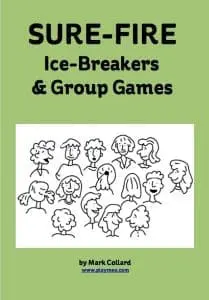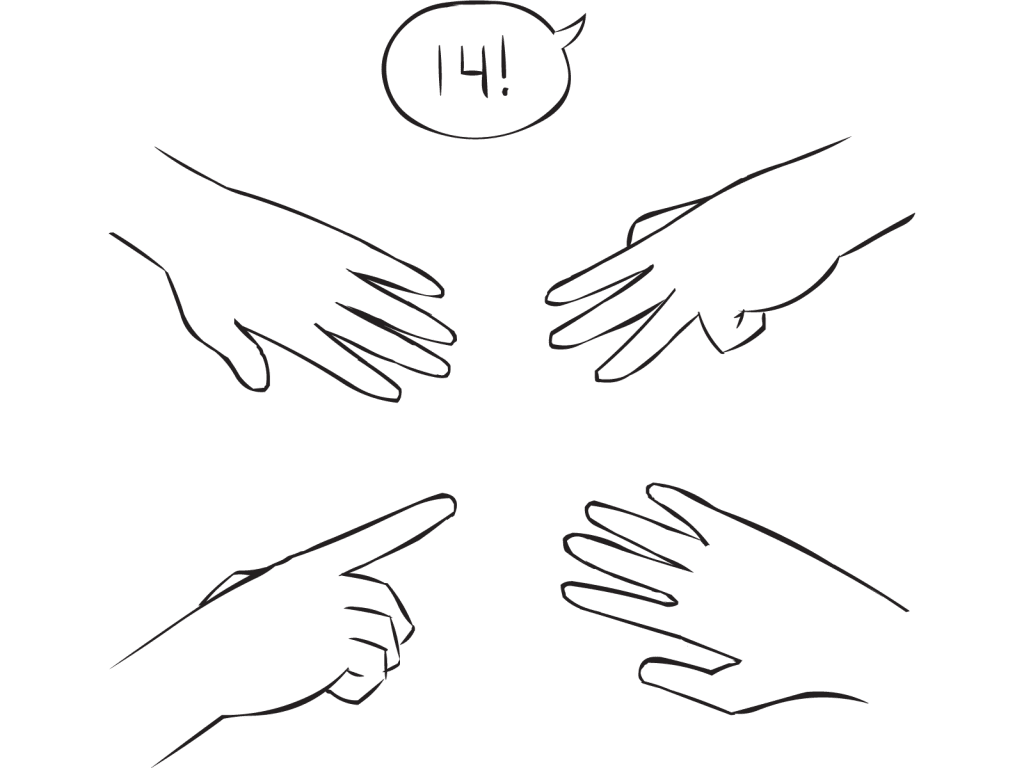Save to Playlist
Step-by-Step Instructions
Video Tutorial Premium
How To Play Narrative Premium
Practical Leadership Tips Premium
Social-Emotional Learning Premium
Health & Wellness Programming Premium
Popular Variations Premium
Virtual Adaptation Premium
You Might Also Like... Premium
Useful Framing Ideas Premium
Reflection Tips & Strategies Premium
Program Templates Premium
Source Premium

No Props No Problem
Brand NEW book featuring 150+ outrageously fun group games & activities. Scan QR codes to connect to tons of digital content including video tutorials.
Add to Cart
NEW – No Props No Problem
The best-selling book featuring 150+ outrageously fun group games & activities. Scan QR codes to access exclusive digital content including video tutorials.

Free Ice-Breakers & Group Games
Ten of the best no-prop, interactive ‘get-to-know-you’ games & activities. 100% fun, your group will love ’em. Our most successful giveaway, 10,000+ downloads so far…
Top Ten Icebreakers & Group Games
Download our free 28-page ebook jam-packed with outrageously fun activity ideas.
Just one more question:
I am interested in…
Choose a plan that’s right for you
We offer a range of membership plans with no surprises.
Click an option below & discover our simple pricing.

Individual
Click here if you’re a:
- Teacher
- Corporate trainer
- Outdoor educator
- Camp leader
- Youth leader
- Conference organiser
- Therapist/counsellor
Membership Plans

Enterprise
Click here if you represent a:
- School
- Corporation
- Community-based Organisation
Explore plans for
10, 50, 200 or more
potential users
Membership Plans






Add your Comments...
Have you played this activity? What worked, what didn't work? What type of group? Do you have useful advice for other users? Do you know a fun variation?